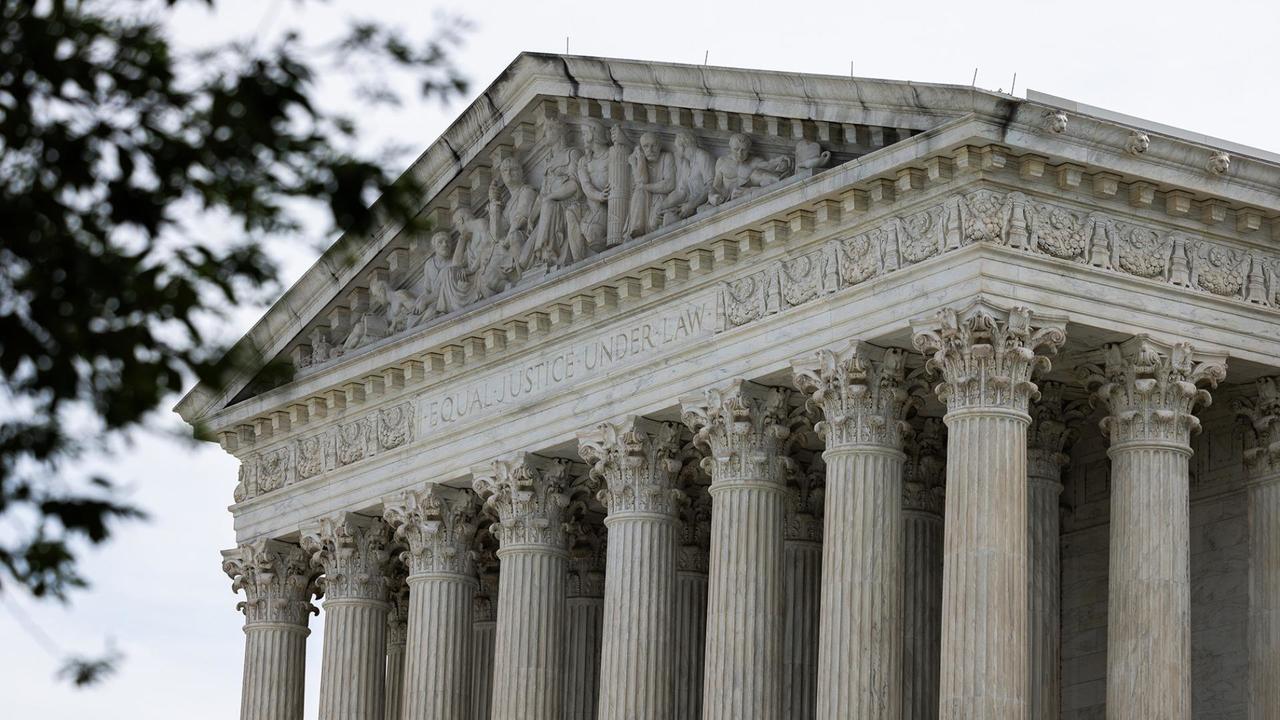Last week, the Supreme Court overturned the landmark 1984 Chevron U.S.A. v. Natural Resources Defense Council decision, which had required courts to defer to reasonable agency interpretations of laws. This ruling gives judges more power to question federal agency decisions, significantly impacting areas like food safety.
Traditionally, agencies like the USDA’s Food Safety and Inspection Service (FSIS) operated under a risk-averse culture, often requiring extraordinary circumstances to prompt action, such as the 1994 Jack in the Box E.coli outbreak that led to changes in beef inspection rules.
The Chevron decision previously allowed federal agencies like FSIS to interpret statutes with substantial deference from courts, enabling them to take decisive actions. For example, the FSIS could classify E.coli-contaminated beef as “adulterated,” a decision upheld by courts despite industry objections.
This deference facilitated significant public health improvements, reducing E.coli illnesses dramatically without causing major disruptions to the beef industry.

With the Supreme Court’s recent ruling in cases involving the National Marine Fisheries Service, Chevron has been explicitly overruled. Chief Justice John Roberts argued that courts, not agencies, are better suited to interpret statutory ambiguities.
This shift means that federal judges now have greater authority to challenge agency interpretations, which could lead to more inconsistent and less predictable regulatory outcomes.
The new legal landscape introduces uncertainty for federal agencies, making them potentially more hesitant to enact regulations. Food safety advocates fear this could result in agencies becoming even more reluctant to take necessary actions.
Overruling Chevron effectively empowers industries to challenge regulations they oppose, supported by conservative legal organizations backed by influential financiers.
Critics of Chevron argued that Congress should handle major policy decisions, not executive agencies. However, evidence from state legislatures suggests that increased judicial scrutiny does not enhance legislative productivity. Instead, it seems to shift power from elected regulators to lifetime-appointed judges, reducing democratic accountability.
There may be some positive outcomes from this change. Public interest lawyers might now have better chances to challenge agency inaction, such as the FDA’s “secret GRAS” rule allowing food companies to self-certify the safety of chemicals without disclosure. Whether this potential will be realized remains uncertain.
Despite these challenges, food safety regulators should remain steadfast. Proposed regulations like enforceable Salmonella standards in poultry and enhanced food traceability rules are crucial and widely supported.
The public must continue to pressure regulators to act decisively in this more complex legal environment while recognizing the adversarial role of corporate lawyers who aim to prioritize their clients’ interests, sometimes at the expense of public safety.
